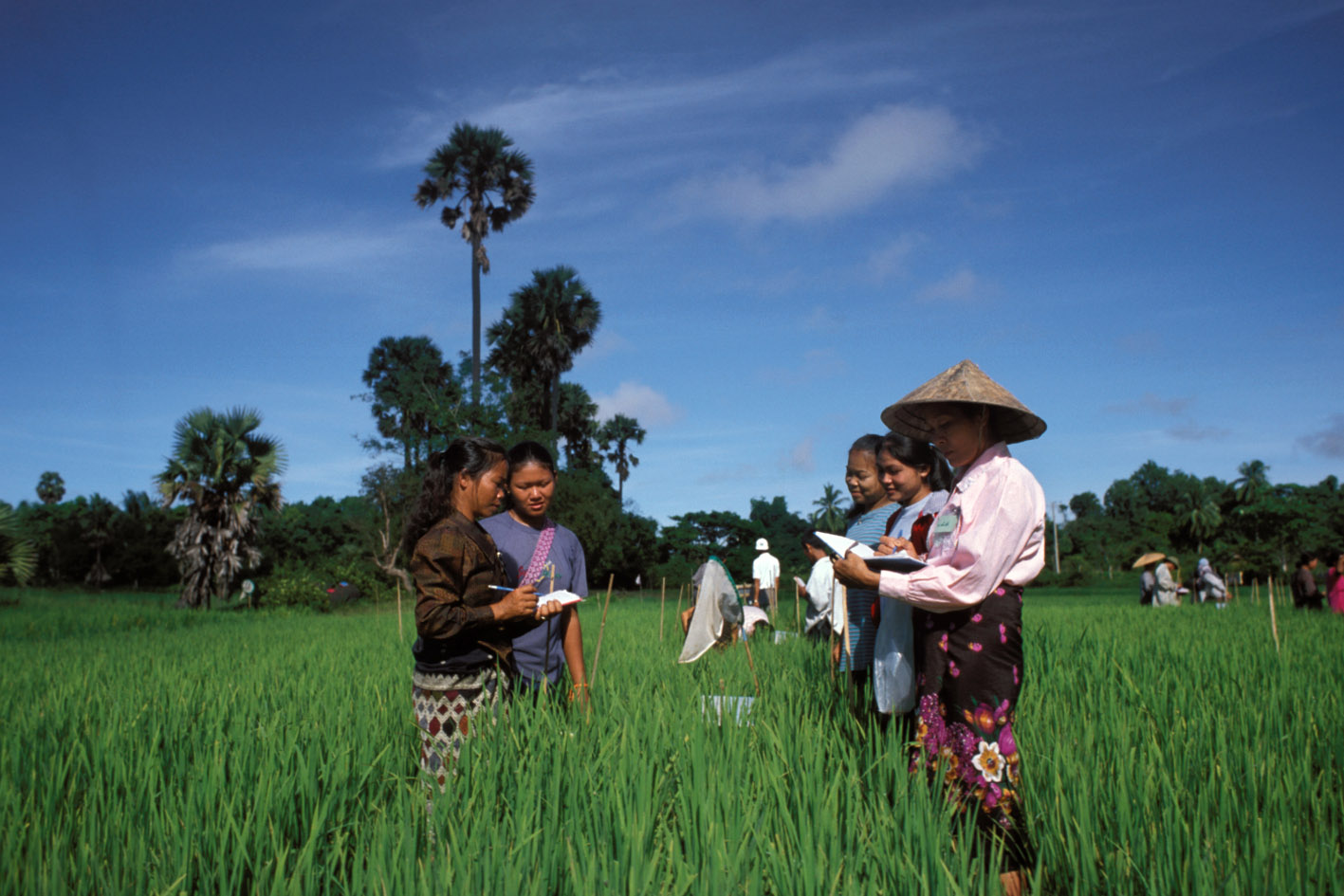Integrated Living Conditions Survey 2018
Armenia, 2018
Get MicrodataIdentification
ARM_2018_ILCS _v01_EN_M_v01_A_OCS
Integrated Living Conditions Survey 2018
| Name | Country code |
|---|---|
| Armenia | ARM |
Integrated Survey (non-LSMS) [hh/is]
The Integrated Living Conditions Survey (ILCS) was introduced in Armenia in 1996, followed by the one in 1998-1999; thereafter, it has been conducted every year since 2001. Since 1996, when the present Integrated Living Conditions Survey was first implemented in Armenia, the National Statistical Service of the Republic of Armenia (NSS) with the assistance of the World Bank, USAID and other donor organizations, has been putting effort to continuously improve the quality of data collected through household surveys, as well as to advance its own expertise in arriving at a more accurate assessment of poverty. These efforts have proven to be successful as the data collected through household surveys and the estimates of poverty rate based on such data appeared to be an important input in defining and monitoring the poverty reduction strategy, which is the responsibility of the Government.
In 2004, the NSS undertook significant measures to improve the Integrated Living Conditions Survey (ILCS) and to update the poverty assessment methodology, which was used until 2008. With the technical assistance provided by the World Bank and due to numerous consultancies and practical works:
(1) the survey sample frame was updated using the 2001 Population Census database
(2) the sample size was expanded to ensure representativeness of data by regions
(3) the ILCS questionnaire was revised to reflect economic and social changes since 1998/99 up to 2003, as well as a comprehensive section on employment was added into the questionnaire
(4) the surveying personnel underwent a more profound training.
With the co-funding provided within the period of 2007-2011 by the Millennium Challenge Account - Armenia (MCA-Armenia), a state non-commercial organization, the sample size of the ILCS has been expanded to include 7,872 households annually as compared to the relevant indicator at 5,184 in 2006 (funded from the state budget only). Nonetheless, due to the termination of activities of MCA-Armenia in 2012, the sample size was reduced back to 5,184 households. This is the sample size in the 2018 survey. ILCS is conducted during the year with monthly rotation of households and settlements. The survey results serve primarily to assess the level of consumption-based poverty in Armenia.
The Integrated Living Conditions Survey (ILCS) was first conducted in Armenia in 1996 followed by another round in 1998-1999. Thereafter, it has been conducted every year since 2001. The survey is carried out during the year with monthly shift (rotation) of households and communities. Findings of the survey are primarily used to estimate consumption-based poverty rates in the
country, as well as to provide valuable information on households' living conditions by means of other indicators.
Sample survey data [ssd]
Households
Scope
The scope of the Integrated Living Conditions Survey includes:
- Housing Conditions
- Education
- Agriculture
- Health and Healthcare
- Social Assistance
- Current Expenditures
- Consumption
- Income
| Topic | Vocabulary |
|---|---|
| Agriculture & Rural Development | FAO |
| Health | FAO |
| Social protection | FAO |
| Food (production, crisis) | FAO |
| Access to Finance | FAO |
Coverage
National
Producers and sponsors
| Name |
|---|
| National Statistical Service of the Republic of Armenia |
| Name | Role |
|---|---|
| World Bank | Technical assistance |
Sampling
Sample design
Sampling frame: Population census
The sampling frame is updated: every year
Procedure used to update the sampling frame: No update till new Census
Lowest level of geographic disaggregation for which reliable estimates of the unemployment rate can be produced and their frequency: Settlement (annual)
The sample is stratified: Yes
Variables used for stratification: geographic region, urbanisation, population size of locality
Number of sampling stages: 2
Ultimate sampling units: households
Number of ultimate sampling units per sample area: 8
Sample size: 656 ultimate sampling units per month
Sample fraction: 1% of the total population
Comments: Before the beginning of the observation year the sample frame is constructed; every month the enumeration areas and households are rotated. Every interviewer visit 8 households per month.
Refer to World Bank data
Data collection
| Start | End | Cycle |
|---|---|---|
| 2018-01-01 | 2018-12-31 | Monthly |
Data Access
| Is signing of a confidentiality declaration required? | Confidentiality declaration text |
|---|---|
| yes | https://microdata.worldbank.org/index.php/terms-of-use |
The use of the datasets must be acknowledged using a citation which would include:
- the identification of the Primary Investigator (including country name)
- the full title of the survey and its acronym (when available), and the year(s) of implementation
- the survey reference number
- the source and date of download (for datasets disseminated online).
Example:
National Statistical Service of the Republic of Armenia, World Bank. Armenia Integrated Living Conditions Survey (ILCS) 2018, Ref. ARM_2018_ILCS_v01_M. Dataset downloaded from [URL] on [date].
Disclaimer and copyrights
The user of the data acknowledges that the original collector of the data, the authorized distributor of the data, and the relevant funding agency bear no responsibility for use of the data or for interpretations or inferences based upon such uses
Contacts
| Name | Affiliation | |
|---|---|---|
| ECA Team for Statistical Development | The World Bank | [email protected] |
Metadata production
DDI_ARM_2018_ILCS_v01_EN_M_v01_A_OCS_FAO
| Name | Affiliation | Role |
|---|---|---|
| Office of Chief Statistician | Food and Agriculture Organization | Adoption of metadata for FAM |
| Development Data Group | The World Bank | Generation of DDI documentation |
Metadata version
ARM_2018_ILCS _v01_EN_M_v01_A_OCS_v01
